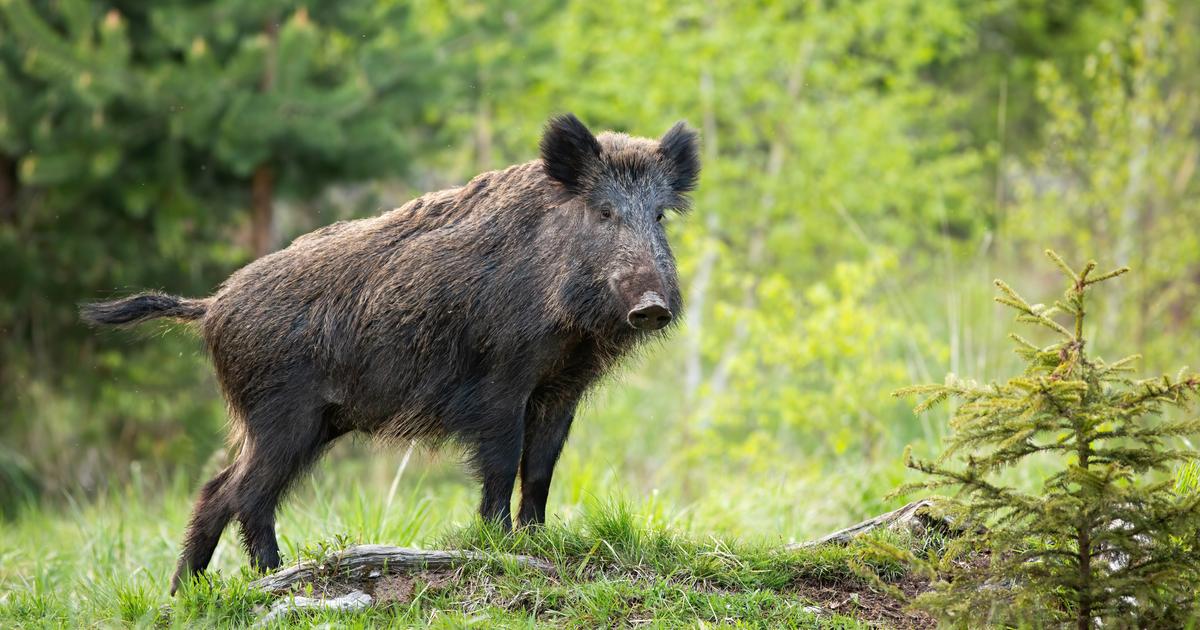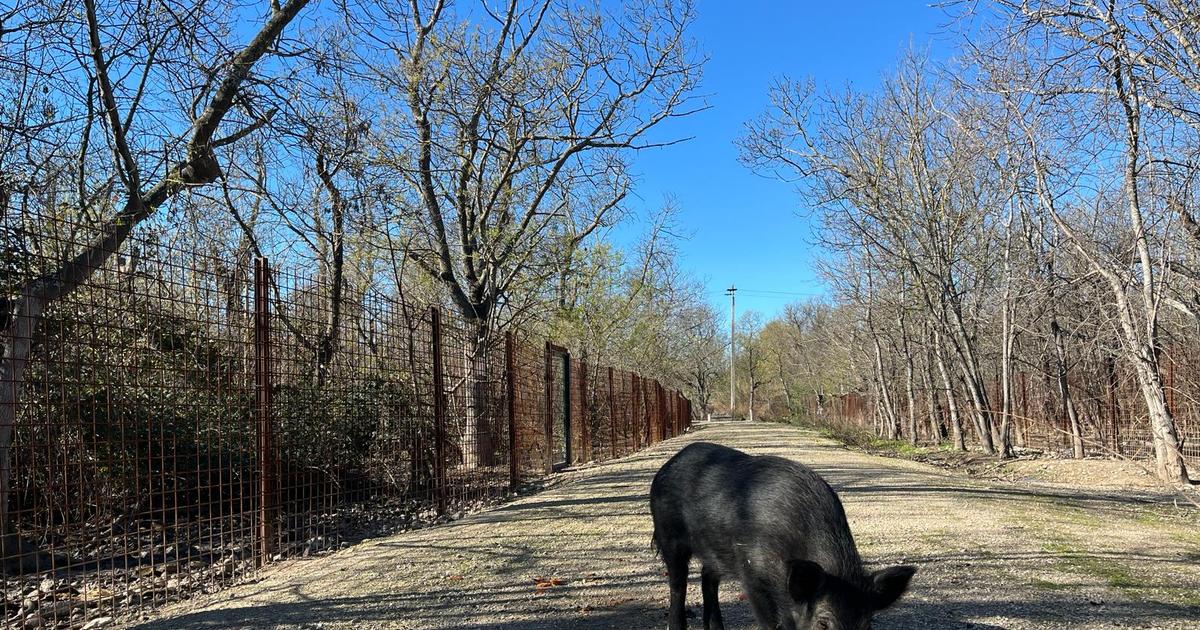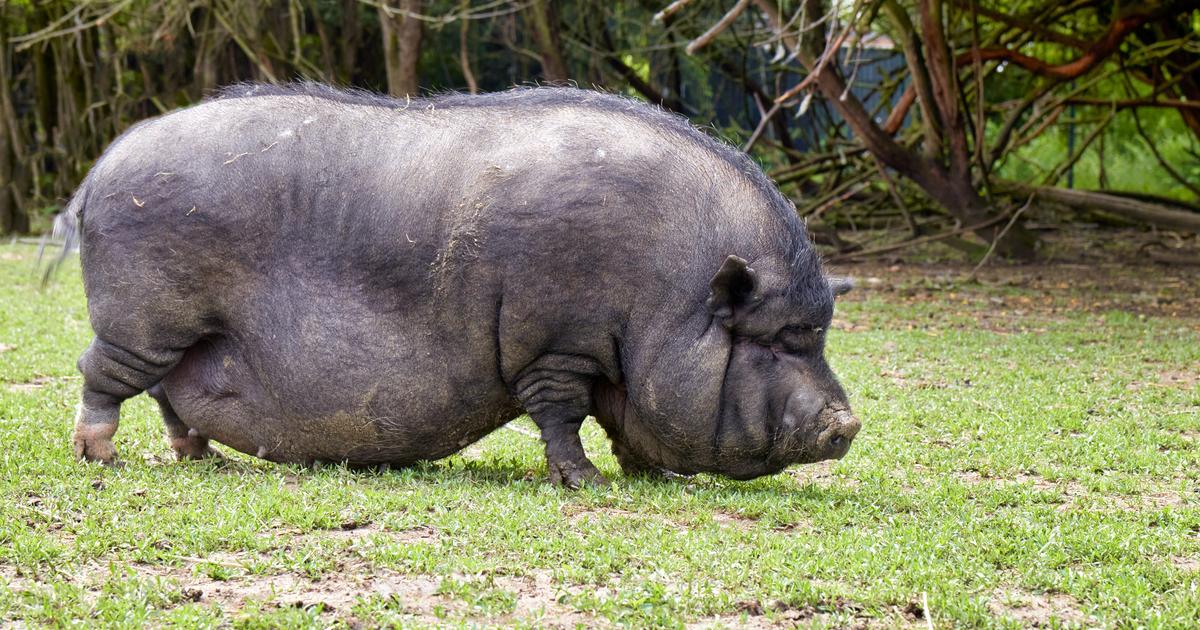Icon: enlarge
View into a pigsty (symbol): Does Germany have to feed the whole world with pork?
Photo: Friso Gentsch / dpa
The corona crisis exposed the dark side of the German meat industry.
And even if many butcher shops that have been plagued by infections of their employees have resumed their operations, the number of pigs ready for slaughter is still high on many farms - and the space for the animals is accordingly limited.
According to the Lower Saxony Agriculture Minister Barbara Otte-Kinast, there are still a lot of animals in this so-called pig jam due to the still low slaughterhouse capacities in the corona crisis.
Nationwide, around 750,000 pigs are "on hold," said the CDU politician of the "Neue Osnabrücker Zeitung".
The situation in the stables has "not relaxed at all".
Minister: Farmers under psychological stress
In the pandemic, fewer pigs are slaughtered to protect against infection.
In addition, several large companies were closed at least temporarily among employees after corona outbreaks.
This led to a backlog of slaughter pigs in agriculture.
Some large slaughterhouses have now resumed operations, but there are also new outbreaks.
In addition, capacity could also suffer in view of stricter rules for the companies in the future: contracts for work and services should no longer be possible from January 1, 2021, while temporary work will be banned in the meat industry from April 1, 2021.
Minister Otte-Kinast pointed out the psychological strain on farmers affected by the congestion: "The desperation is huge." In addition, producer prices are "extremely low," so farmers get little money for their animals.
The meat price had collapsed after evidence of African swine fever in wild boars in East Germany.
As a result, important exporting countries such as China blocked German goods.
The Agriculture Minister warned that the crisis should be used as an opportunity to rethink agriculture: "Is it really the job of agriculture to feed the whole world?" She asked.
Rather, it must be considered whether regional value chains should not be strengthened.
The Lower Saxony farmer should not be financially dependent on the Asian market.
Icon: The mirror
apr / dpa















